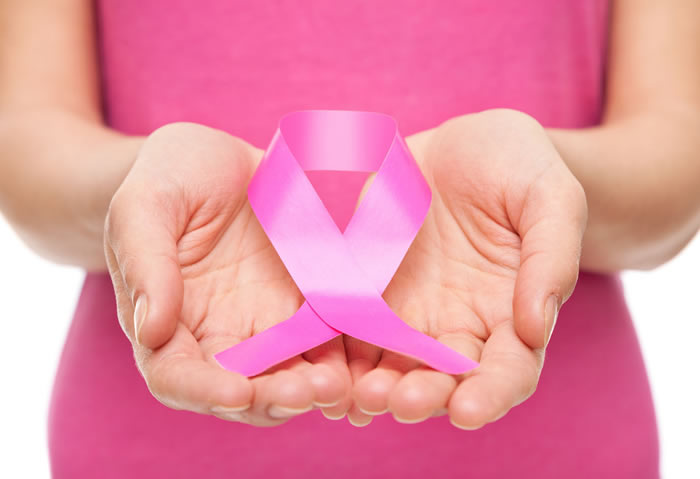 October is celebrated as Breast Cancer Awareness Month and the pink ribbon is used as a symbol of solidarity in all countries.
October is celebrated as Breast Cancer Awareness Month and the pink ribbon is used as a symbol of solidarity in all countries.
Throughout the month, countries across the world organise events with an aim to help increase attention and support for awareness, early diagnosis, and treatment as well as palliative care for women facing this disease.
Statistics from the World Health Organisation (WHO) indicates that in 2018, there was an estimated 2.1 million new cases of breast cancer and 627,000 deaths from breast cancer worldwide.
According to Globocan, a web-based platform which provides global cancer statistics to inform cancer control and research, in 2012 there were about 1.7 million new cases and 522,000 deaths from breast cancer each year.
Breast cancer is the most common cancer in women worldwide, and is the most common cause of cancer among women in most countries.
In low and middle-income countries, the incidence has been rising steadily due to increased life expectancy, changing reproductive patterns such as late age at first childbirth, less breast-feeding and the adoption of western lifestyles.
Breast cancer in Ghana
In Ghana, breast cancer is a major public health problem and the most common type of cancer among women in terms of mortality and incidence.
Nearly 70 per cent of women diagnosed with breast cancer in Ghana are in advanced stages of the disease due especially to low awareness, resulting in limited treatment success and high death rate.
According to breast cancer experts in Ghana, the incidence was increasing as data from the Korle Bu Teaching Hospital Cancer Register showed that breast cancer was the fourth most common cancer among women.
Recently, the Korle Bu Teaching Hospital (KBTH) launched the Breast Cancer Awareness Month on the theme:
“You can beat breast cancer; many have survived it” to intensify awareness of the disease and also encourage more women to conduct regular self-examination of their breasts for the early detection and treatment of breast cancer.
A radiation oncologist at KBTH, Dr Naa Adorkor Aryeetey, educated the public that it was also not true that an entire diseased breast would be cut off when a patient went for treatment, saying treatment depended on the stage the disease had reached.
She said early breast cancer was usually not painful, and that early breast cancer can be removed without removing the whole breast.
Early diagnosis
According to health experts, early diagnosis remained the cornerstone of breast cancer control. When found early, and if adequate diagnosis and treatment are available, there is a good chance that breast cancer can be cured.
If detected late, however, curative treatment is often no longer an option. In such cases, treatment may improve quality of life and delay disease progression.
Supportive and palliative care is provided to relieve the suffering of patients and their families.
Early signs of breast cancer can be a lump in a breast, a painful breast or armpit, or a discharge from the nipple. According to doctors, even if none of these symptoms present themselves a doctor should be visited to be sure.
Breast Cancer Awareness Month 2019
According to the International Agency for Research on Cancer (IARC) there are about 1.38 million new cases and 458,000 deaths from breast cancer each year.
The majority of deaths, that is 269,000, occur in low and middle-income countries, where most women with breast cancer are diagnosed in late stages due mainly to lack of awareness of early detection and barriers to health services.
The WHO promotes comprehensive breast cancer control programmes as part of national cancer control plans and recommends early detection of signs and symptoms as well as screening by clinical breast examination in demonstration areas for low and middle-income countries.
According to WHO, it will in November 2019 release a new document to help countries improve on the capacity for early diagnosis for breast and other cancers.
Source: graphic.com.gh























